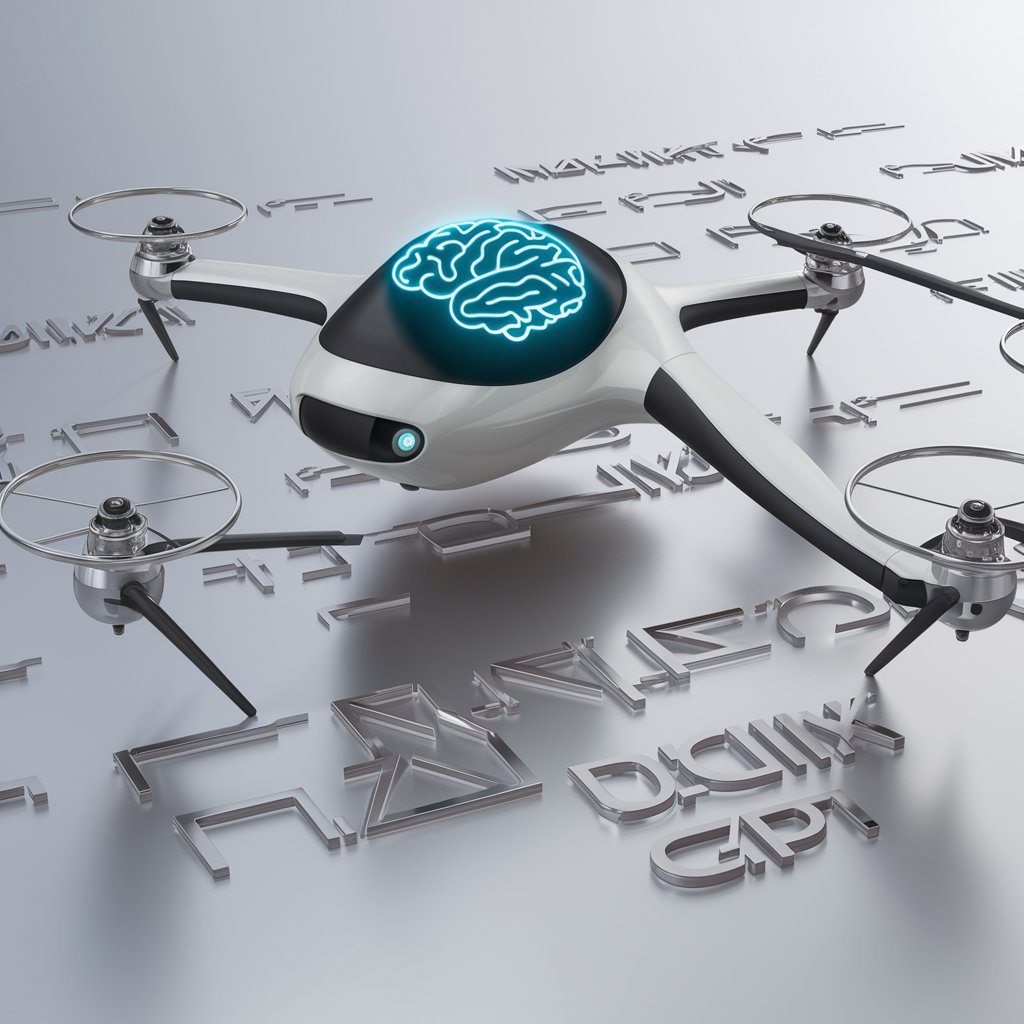4 GPTs for Rescue Operations Powered by AI for Free of 2026
AI GPTs for Rescue Operations encompass advanced artificial intelligence technologies designed to aid and enhance rescue efforts. These tools, based on Generative Pre-trained Transformers (GPTs), are tailored to support tasks in emergency and disaster scenarios, offering quick, reliable, and informed responses. Their adaptability in processing natural language allows for real-time information analysis, critical decision support, and efficient communication between teams, contributing significantly to the effectiveness and success of rescue missions.
Top 4 GPTs for Rescue Operations are: Drone Programmer,FireAid,Rescue Mountaineer Guide,Rescue Finder
Drone Programmer
Elevate Your Drone Missions with AI-Powered Precision

FireAid
Empowering firefighters with AI-driven scenarios

Rescue Mountaineer Guide
AI-powered Mountaineering and Rescue Guide

Rescue Finder
Empowering Pet Rescues with AI

Key Characteristics and Capabilities
AI GPTs for Rescue Operations are distinguished by their versatility and adaptability, offering a wide range of functions from data analysis to real-time communication. These tools are equipped with language comprehension and generation, enabling them to understand and respond to queries in natural language. They can provide technical support, conduct web searches for real-time information, generate images for situational awareness, and analyze data to predict outcomes or recommend actions. Their ability to learn and adapt to new information makes them invaluable for dynamic and unpredictable environments typical of rescue operations.
Who Benefits from AI GPTs in Rescue Missions
AI GPTs for Rescue Operations cater to a broad audience, including emergency responders, disaster management professionals, and volunteers. These tools are designed to be user-friendly, making them accessible to individuals without programming skills, while also offering extensive customization options for developers and technical experts in the field. This accessibility ensures that a wide range of users can leverage AI GPTs to enhance their rescue and disaster response capabilities.
Try Our other AI GPTs tools for Free
Urban Mapping
Discover how AI GPTs for Urban Mapping revolutionize urban planning with advanced analysis, image generation, and customizable tools for professionals and novices alike.
Drone Recreation
Discover how AI GPTs revolutionize drone recreation, offering tailored support, creative content generation, and technical insights for enthusiasts and professionals alike.
Healthy Planning
Discover how AI GPTs for Healthy Planning revolutionize personal and professional health management with tailored, data-driven advice and insights.
Quick Solutions
Discover AI GPTs for Quick Solutions: the cutting-edge technology designed to streamline problem-solving and task completion, tailored for efficiency and adaptability in today's dynamic environments.
Quantitative Modeling
Explore how AI GPTs for Quantitative Modeling revolutionize data analysis with tailored solutions, adaptable features, and wide accessibility for both novices and professionals.
Index Strategy
Unlock the potential of your index strategy with AI GPT tools, designed to provide advanced analysis, predictive insights, and tailored recommendations for financial professionals.
Further Perspectives on AI GPTs in Emergency Response
AI GPTs for Rescue Operations not only offer immediate benefits in terms of efficiency and effectiveness but also promise continuous improvement through learning. Their interfaces are designed to be intuitive, reducing the learning curve and making advanced AI capabilities accessible to all participants in rescue efforts. The possibility of integrating these tools with existing systems further enhances their utility, making them a versatile asset in disaster response strategies.
Frequently Asked Questions
What are AI GPTs for Rescue Operations?
AI GPTs for Rescue Operations are AI-driven tools designed to support and enhance rescue missions through advanced data analysis, real-time communication, and decision-making assistance.
How do AI GPTs assist in rescue missions?
They analyze data, generate actionable insights, provide technical support, facilitate communication, and help in planning and executing rescue operations efficiently.
Can non-technical users operate these AI GPTs?
Yes, these tools are designed with user-friendly interfaces, allowing non-technical users to leverage their capabilities without needing programming knowledge.
What makes AI GPTs adaptable to rescue operations?
Their ability to process and generate natural language, coupled with real-time learning and adaptation to new information, makes them highly effective in the dynamic environments of rescue operations.
Are these tools customizable?
Yes, AI GPTs offer extensive customization options, allowing developers and technical experts to tailor functionalities to specific rescue operation needs.
Can AI GPTs work with existing systems?
Absolutely, these tools can integrate with existing communication, data management, and operational systems to enhance rescue efforts without disrupting established workflows.
Do AI GPTs require internet access?
While many functionalities, such as web searches and real-time data analysis, require internet access, certain capabilities can be utilized offline, depending on the tool's design.
How do AI GPTs ensure the accuracy of their information?
AI GPTs are trained on vast datasets and continuously learn from new information, ensuring their outputs are based on the most current and relevant data available.